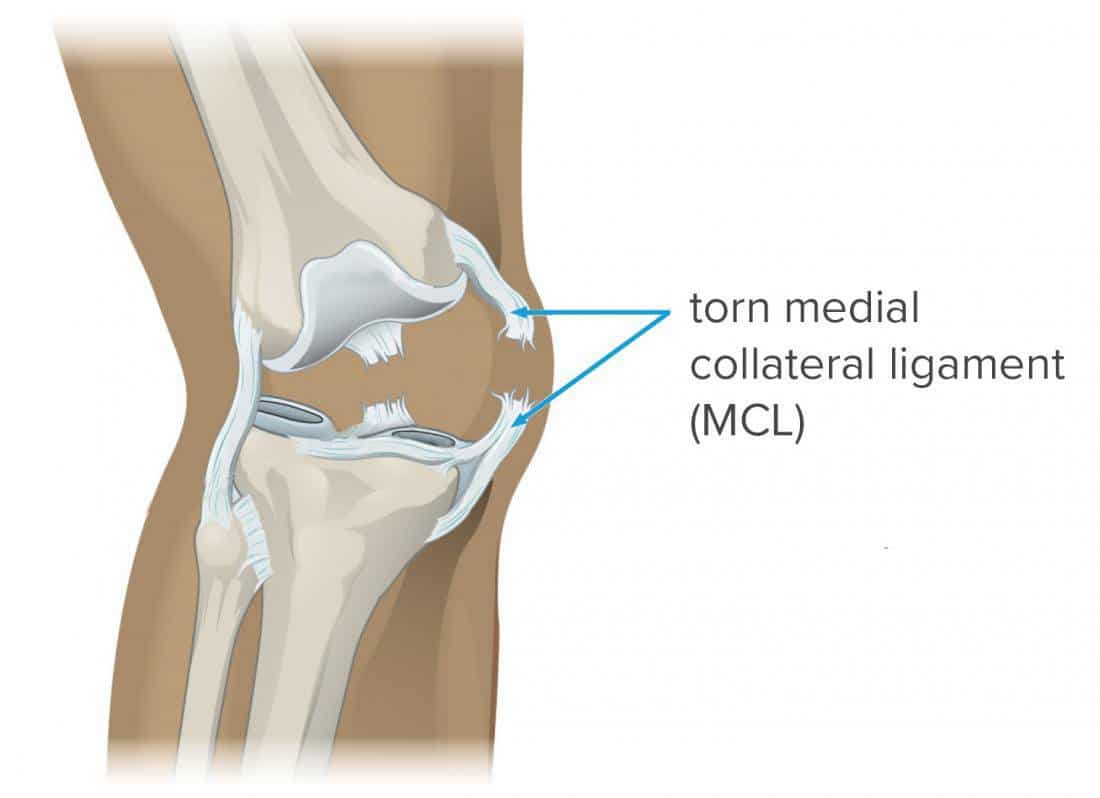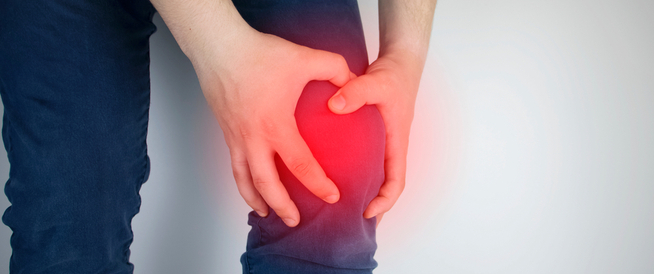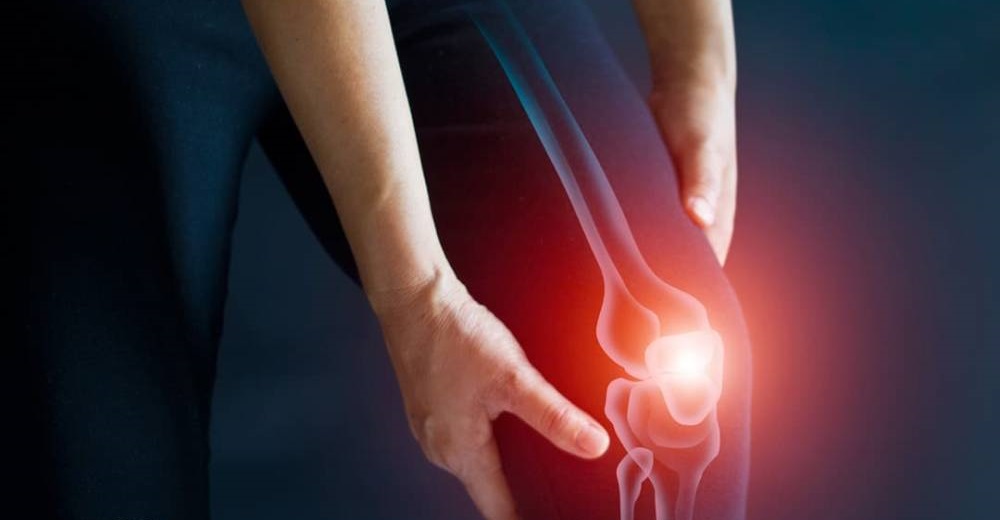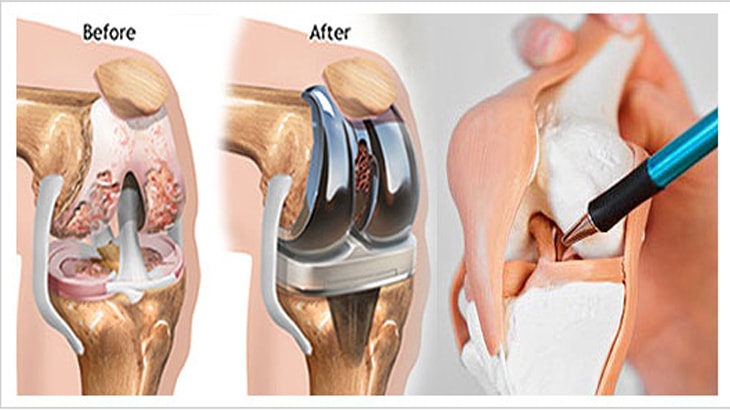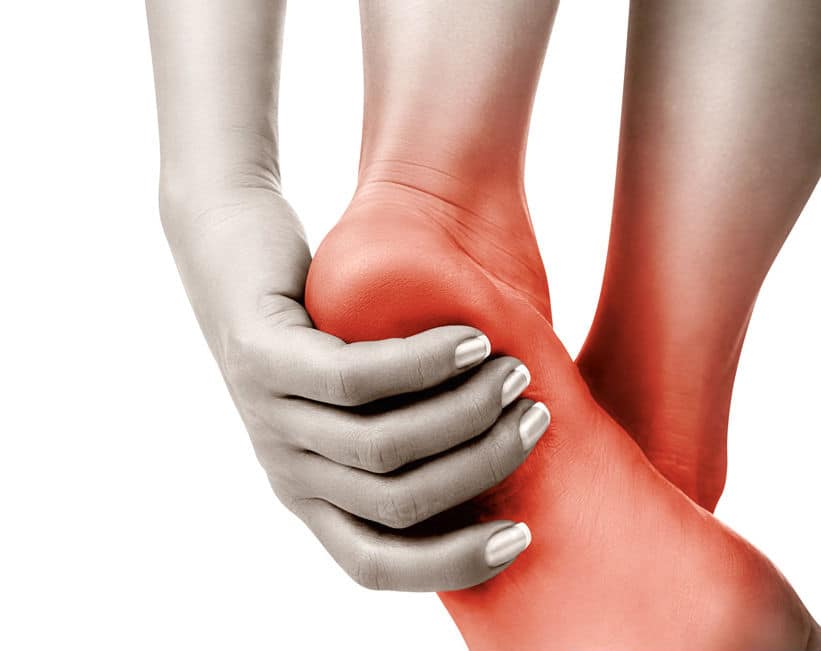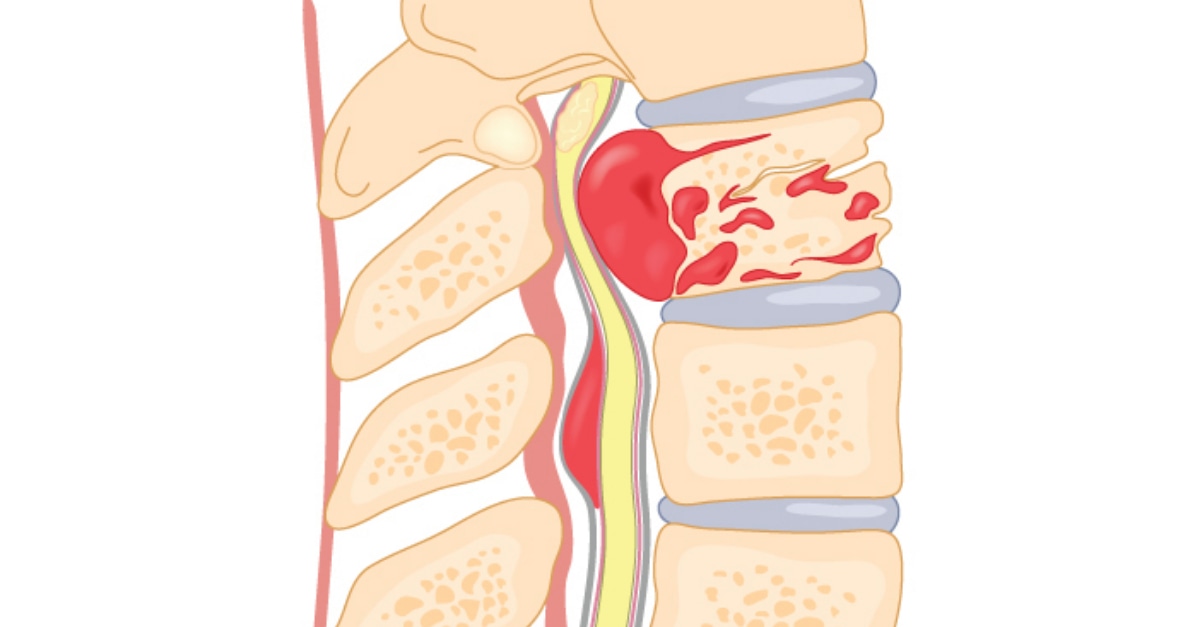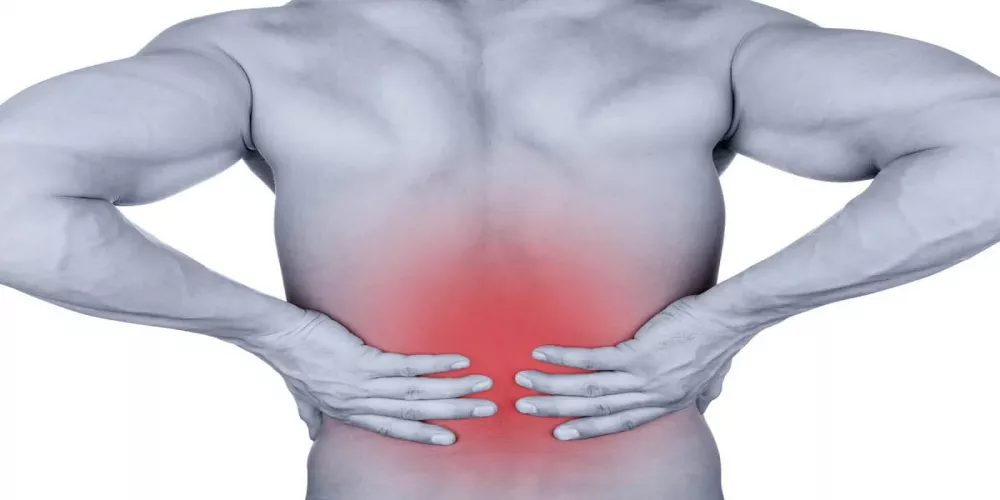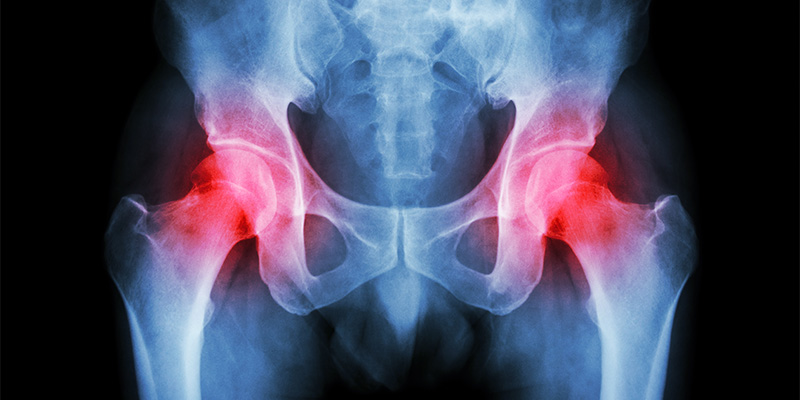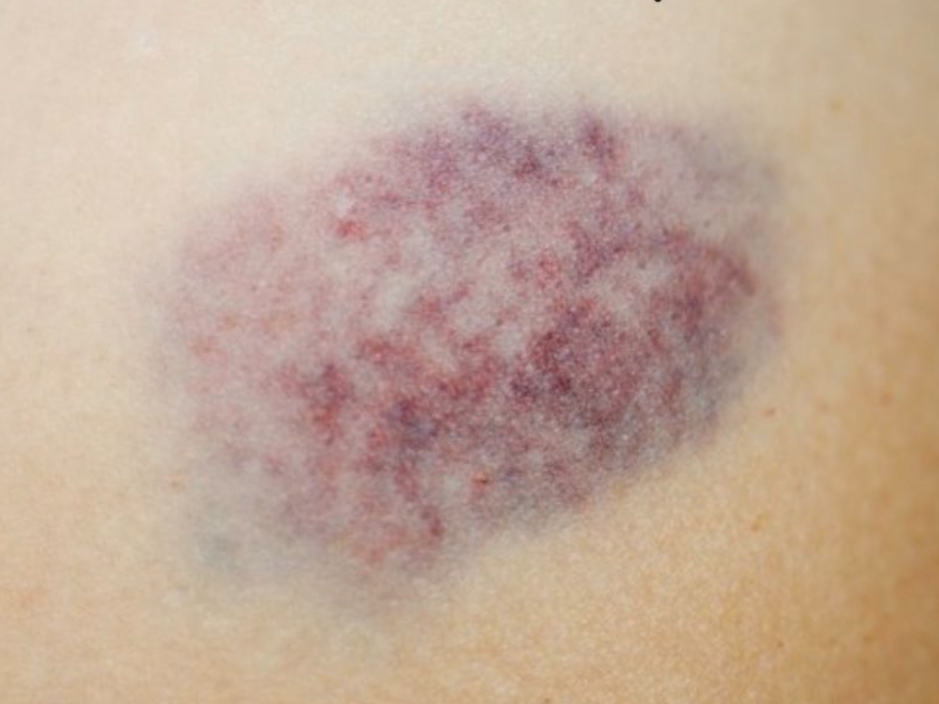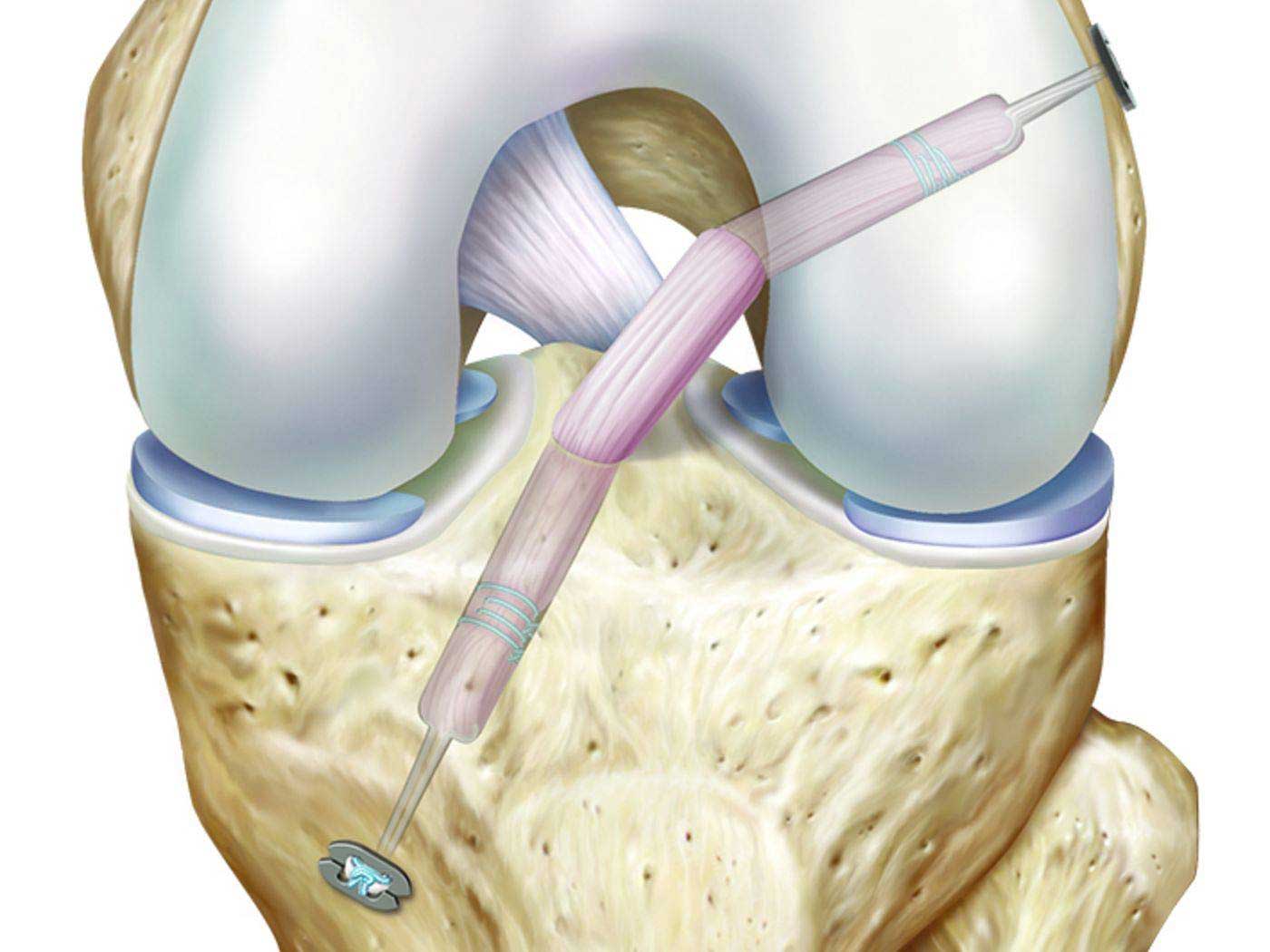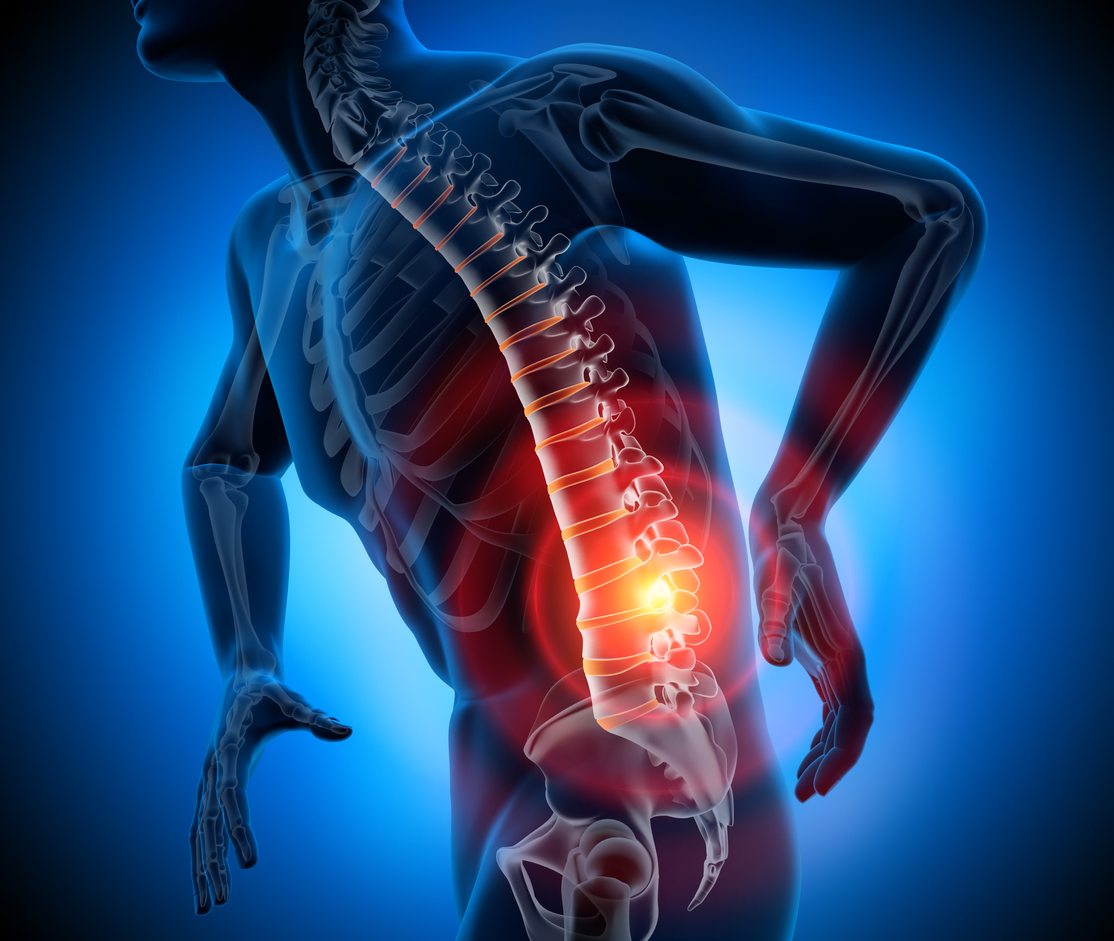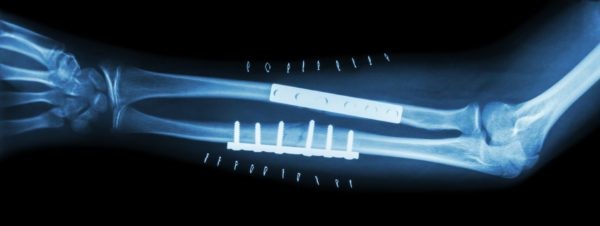Does calcium deficiency cause cracking joints? What are the causes and damages of its deficiency?
Calcium is considered one of the most important elements that help build bones properly and suffering from its deficiency causes many problems. In the following article, we will discuss very important information regarding this topic, so let us read the following.
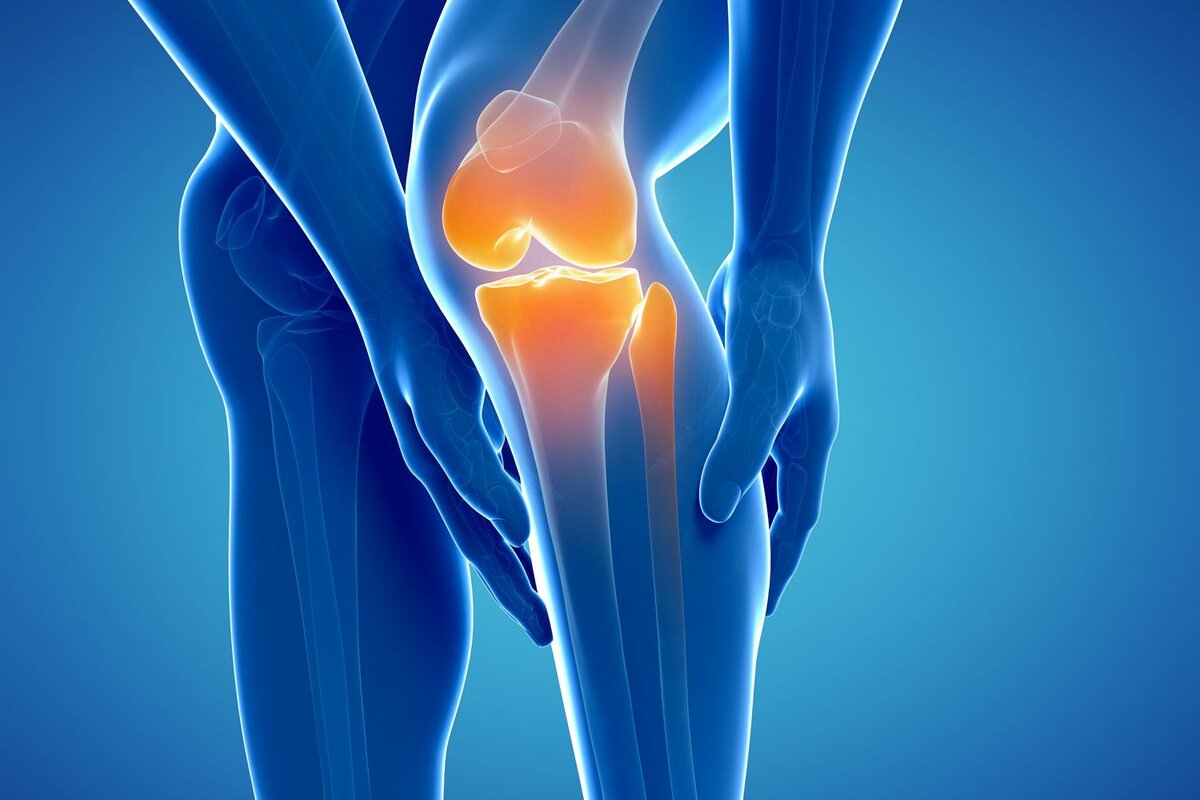
Does calcium deficiency cause cracking joints?
Calcium deficiency in the bones causes many problems for individuals and affects their health significantly, and this may cause cracking in the joints, but it is better to consult a doctor about the absence of any other reasons leading to cracking joints, and if the matter is limited only to a deficiency Calcium, so the most appropriate therapeutic methods are sought in order to compensate for this, whether through foods or nutritional supplements.
Calcium deficiency damage
Calcium deficiency in the body causes many harms to the individual, such as:
- Muscle contraction and spasm: This is because calcium helps to relax the muscles, so the deficiency in it causes contraction and spasms, and this problem continues if it is not treated well.
- Numbness and tingling: Calcium deficiency also leads to some problems in sensory signals, causing the individual to feel numbness and tingling.
- Fatigue: Feeling exhausted and very tired from the slightest effort, and noticing weakness in many parts of the body.
- Irregular heartbeat: Suffering from heart rhythm problems is also one of the damages caused by calcium deficiency.
- Seizures: Calcium deficiency affects the functioning of the brain, and this results in exposure to some seizures and memory loss in other cases.
- Osteoporosis: Not getting enough calcium in the bones causes them to become soft, brittle, and more prone to fracture.
What are the causes of calcium deficiency in the body?
There are many reasons that lead to a deficiency of calcium in the body of an individual, such as:
- The body does not get enough calcium on a daily basis, especially during childhood.
- Taking medications that reduce the body’s ability to absorb calcium well.
- The body suffers from an allergy to foods that contain calcium.
- Hormonal changes that occur in women’s bodies.
- Hereditary genes.
- Hypothyroidism.
- Malnutrition or malabsorption of food by the body.
- Suffering from a deficiency in vitamin D, which reduces the body’s ability to absorb calcium.
- acute pancreatitis;
- Suffering from a deficiency or excess of magnesium in the body.
- Hyperphosphatase in the blood.
- Shock or septicemia.
- Kidney failure.
- Exchanging blood in large quantities.
- Some chemotherapy drugs.
- Perform thyroid surgery.
Types of calcium
There are many different types of calcium that are used in making calcium supplements, and each type contains a specific percentage of calcium, and the types of calcium include the following:
- Calcium carbonate (40% of elemental calcium).
- Calcium citrate (21% of elemental calcium).
- Calcium gluconate (9% of elemental calcium).
- Calcium lactate (13% of elemental calcium).

